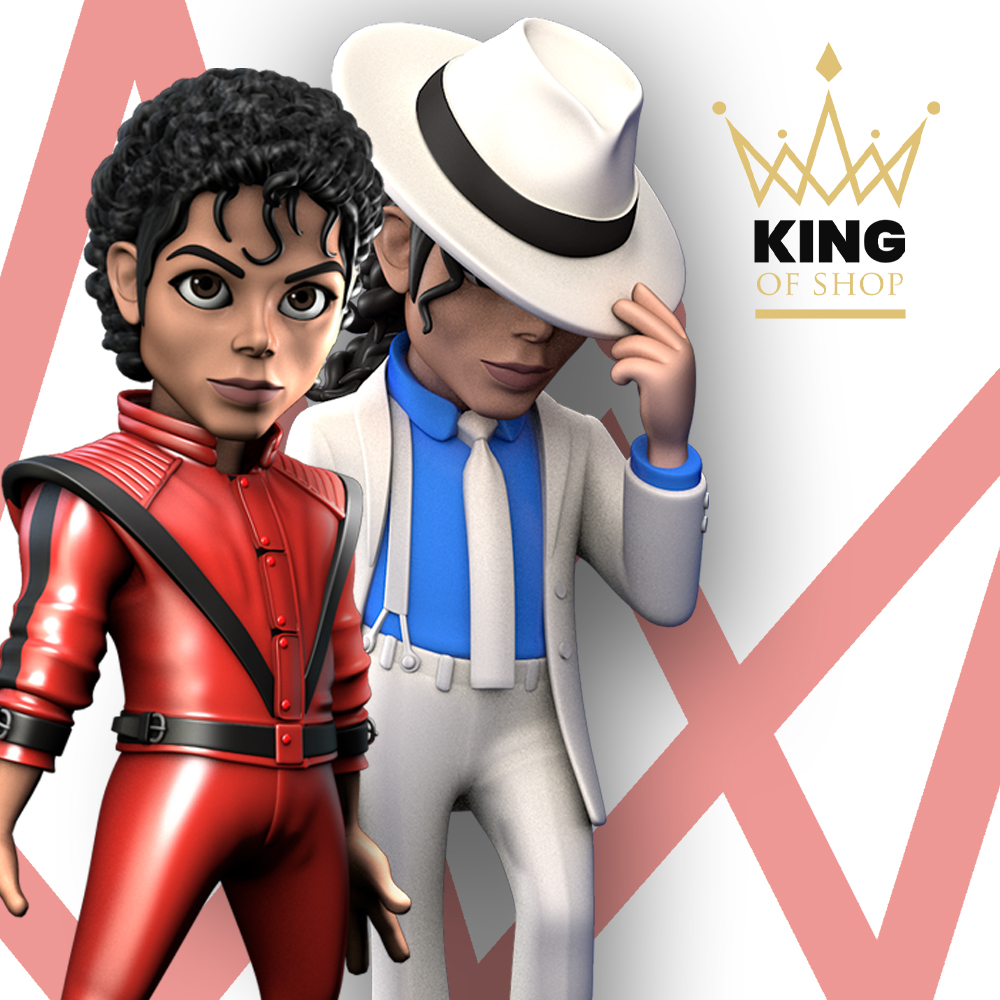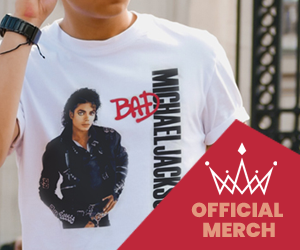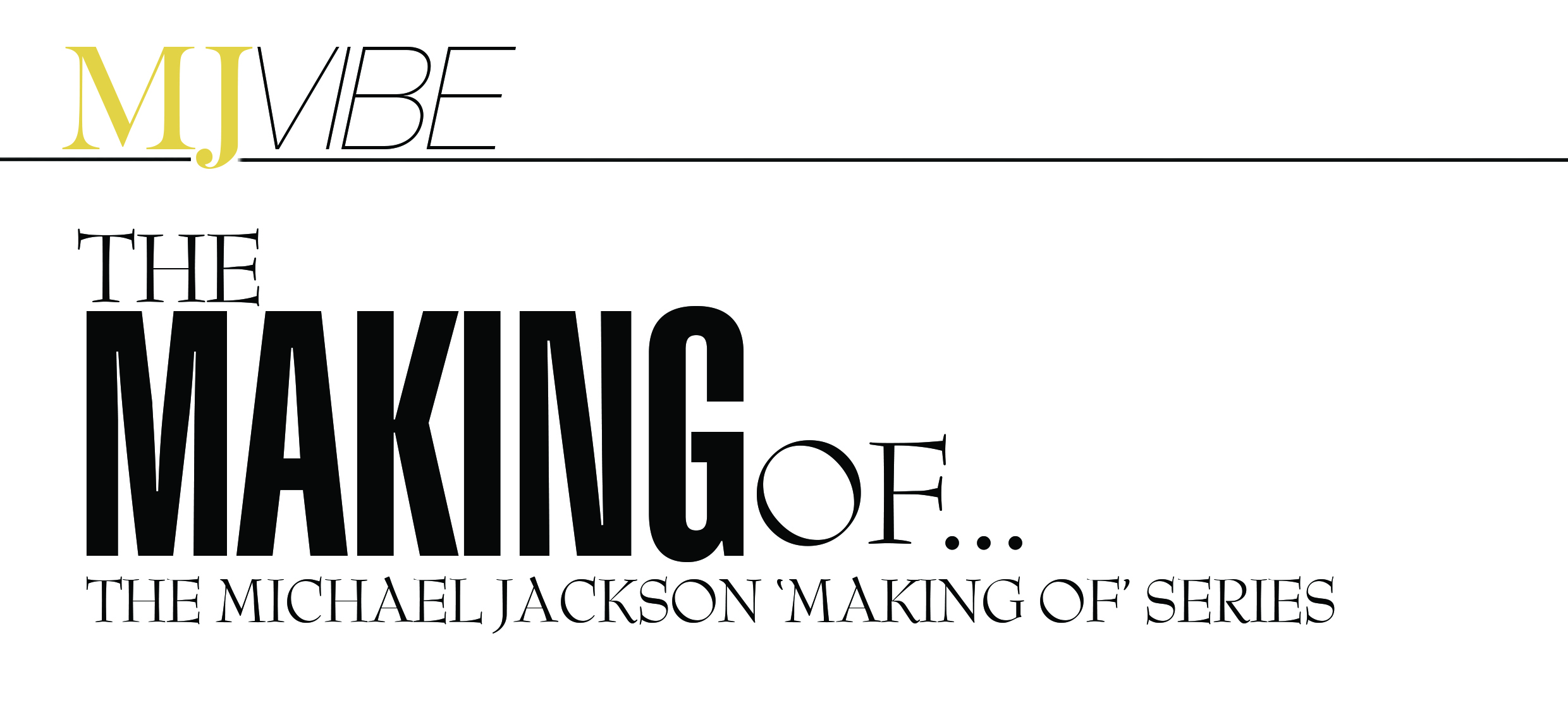
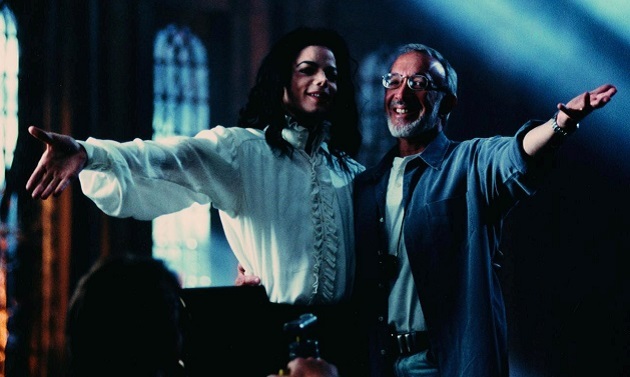
TAKING THE LONG-FORM MUSIC VIDEO TO RECORD-BREAKING LEVELS
In 1996, with the campaign to promote his HIStory album in full swing, Michael Jackson set out to make a music video that he and horror novelist, Stephen King had dreamt up several years earlier, in 1993. Looking to follow up on the success of his 1983 masterpiece, ‘Thriller,’ masterfully directed by John Landis, Michael originally planned a short music video for the song, ‘Is It Scary,’ which was originally written, but not used, for the 1993 film Addams Family Values. When Michael expanded the track and the concept, the project became for a time, the longest music video ever created, a short feature clocking in a 39 minutes and 32 seconds and renamed, “Michael Jackson’s ‘Ghosts’.”
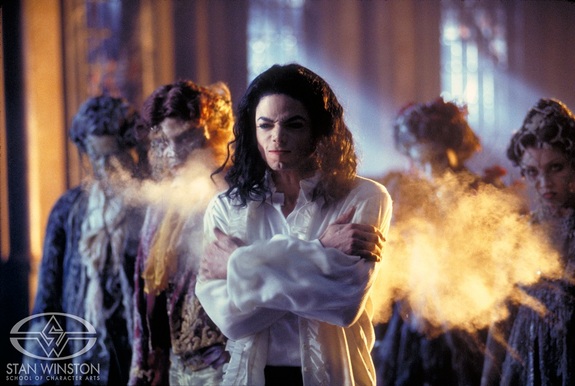
Originally the writer/director Mick Garris (Stephen King’s “The Stand,” Hocus Pocus, Critters 2) was slated to write and direct the short film, but in 1996 when Michael Jackson was finally ready to green-light ‘Ghosts,’ Garris was committed to another project, a three-part mini-series based on King’s The Shining. Garris recommended effects wizard Stan Winston (Pumpkinhead), to take over the reins. Michael Jackson called Stan personally to ask if he might consider directing the film. Stan agreed with only one condition: that Michael would play all the lead roles.
“I wanted Michael to play the haunted house guy,” said Winston, “but also the mayor of the town, and an evil demon who comes in at one point. Michael wanted badly to be accepted as an actor, as something more than the King of Pop. But it was so difficult for people to get past Michael’s persona, I thought that the only way he would be accepted as a real actor was if he played all these parts, disguised in makeup, so that no one would know it was him until the end. And he was very agreeable to that idea.”
Michael played all five of the main characters including, The Mayor, The Maestro, The Skeleton, The Super Ghoul, and The Ghoul Mayor. Filming took place over six-weeks of intense production. Although ‘Ghosts’ was originally supposed to be 12–15 minutes long, the final running time of nearly 40 minutes landed the film in the 2002 Guinness Book of World Records as the longest music video in history, a record that held till 2013 when Pharrell Williams released his 24-hour music video for ‘Happy.’
BEHIND THE SCENES OF GHOSTS
As director, Stan Winston chose to implement many and varied special effects. Winston included a number of never-before-seen visual effects which were created by the newly formed computer graphics division of Stan Winston Studio, Stan Winston Digital. This division would soon become the start of the company Digital Domain–through a partnership between Winston, James Cameron and ILM’s Scott Ross.
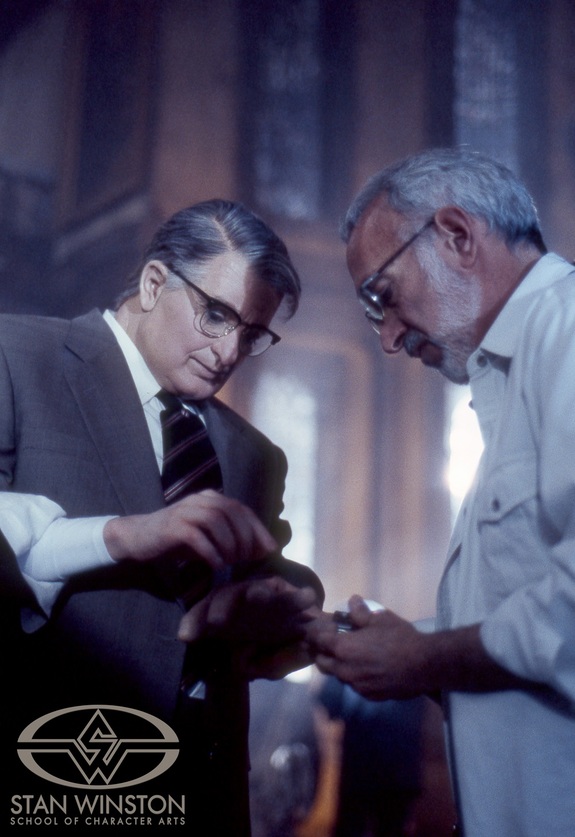
The film tells the story of a strange and mysterious Maestro who is set upon by some angry locals who persecute him for being different and weird. Winston’s most significant script change to Mick Garris’s original script, saw the introduction of The Mayor, who leads the townspeople against the Maestro. The confrontation occurs in the Maestro’s mansion, where the Maestro conjures up a dancing ghost family, including a CGI skeleton that dances as only Michael Jackson can dance.

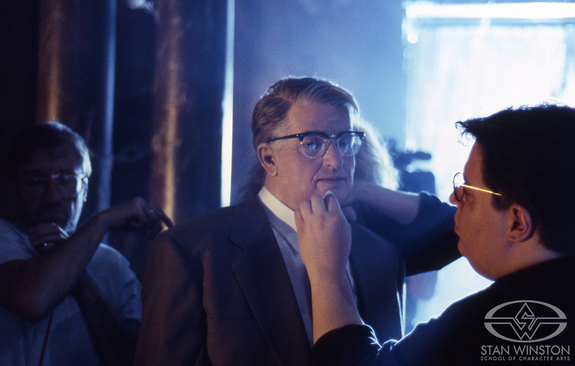
Michael Jackson’s transformations included a scene where The Maestro stretches the skin of his face. Paul Mejias did a clay casting of Michael’s head from a life-cast impression. This sculpture served two purposes: first it was used to cast the skin that Michael pulls off, revealing the skull underneath; secondly, the casting served as a form to sculpt Michael’s skull as the Skeleton.
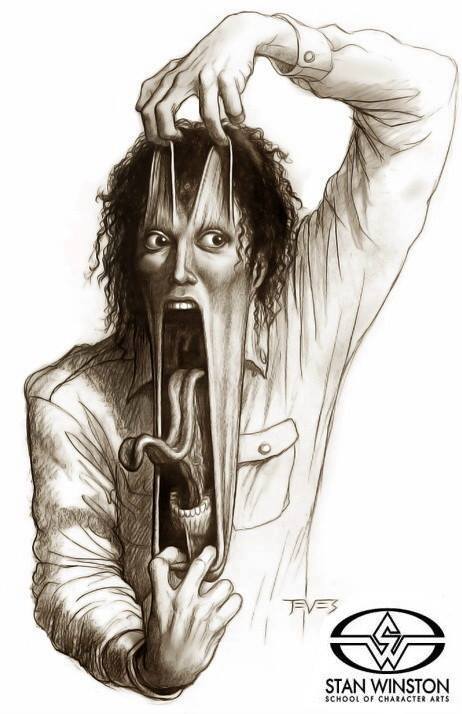
Paul Mejias’s skull was used as the digital reference model for Michael’s skeleton dance. In one of the first instances of early motion-capture techniques, by putting markers on Michael’s body, his captured performance was able to drive the movements of the digital character that later transforms into the Super Ghoul.
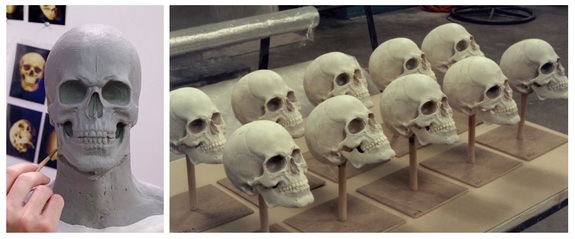
THE GHOULS
Later in the video, Michael appears as the Super Ghoul and enters the Mayor’s body to transform him to Mayor Ghoul. The film ends with the Maestro scaring the Mayor from the mansion as he wins over the people of the town.
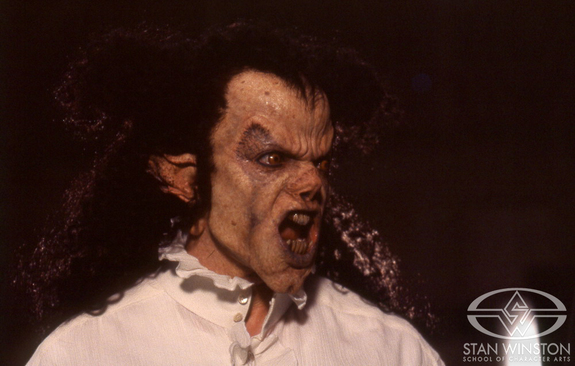
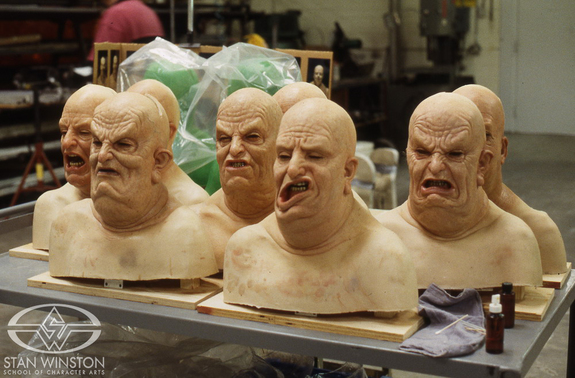
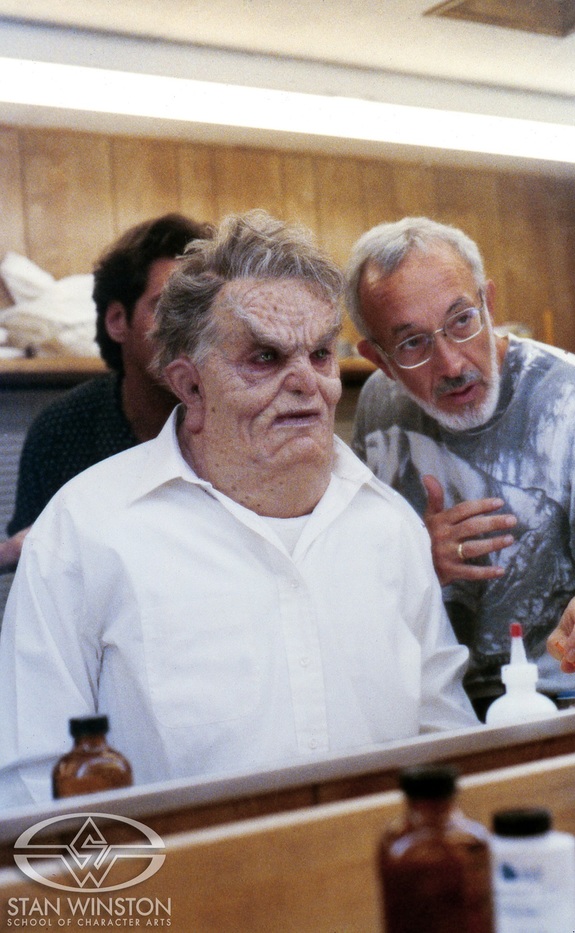
GHOST FAMILY
SWSCA artist/insructor, Bruce Spaulding Fuller designed the ghastly dancers’ makeup. Each dancer has a distinct personaliy and every dancer has specific and individual characteristics to its makeup and costuming.
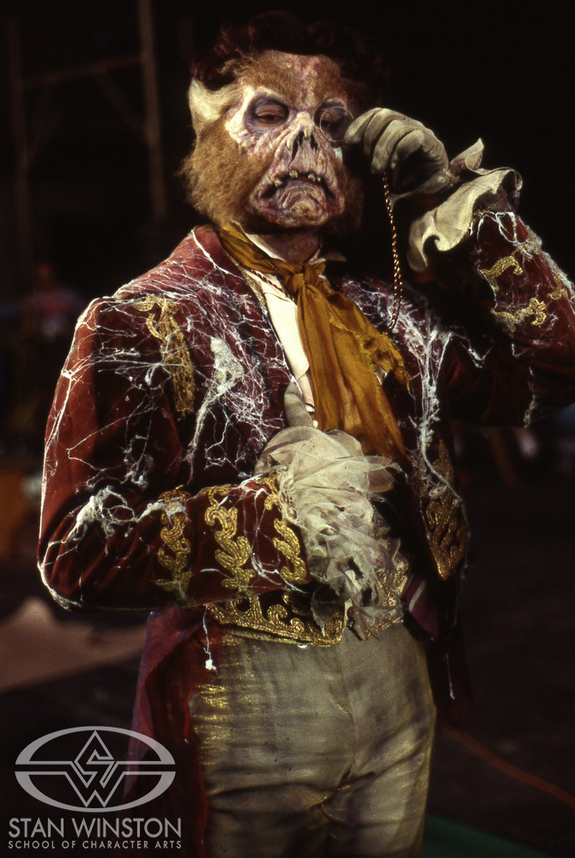
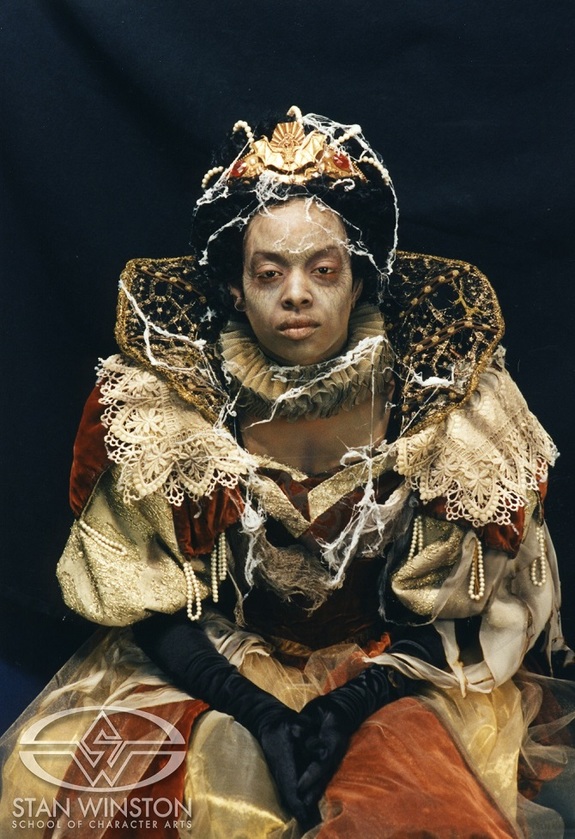
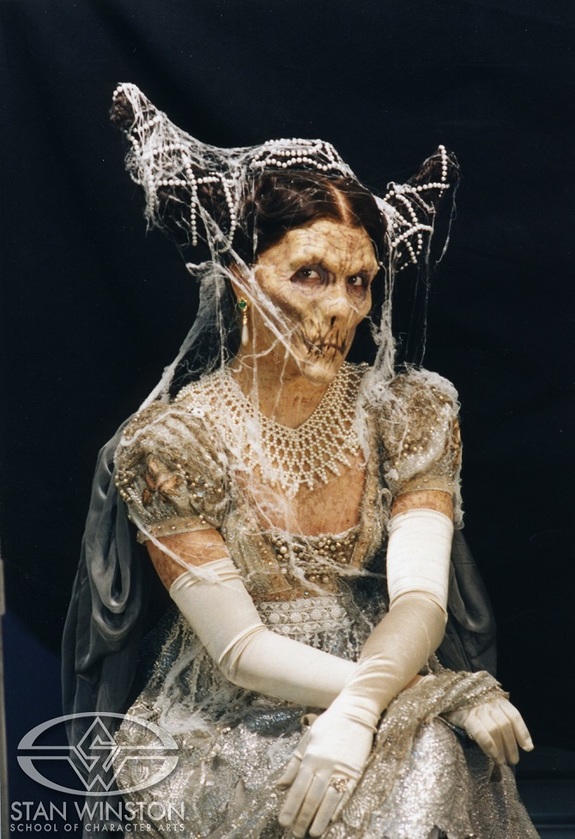
In the video, ghostly dancers appear at first in ectoplasm form, then they take on solid form. These corporeal ghosts walk and jump on the walls, twirl on columns, and dance on ceilings. The effects were achieved by using a compination of digital compositing, some CGI enhancement and many in-camera tricks.
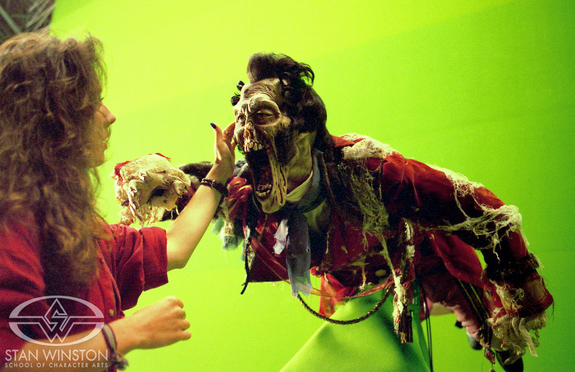
Parallels between the film’s storyline and the rumors then circulating about Michael Jackson’s private life, led to ‘Ghosts’ getting only a very limited release. Michael Jackson’s ‘Ghosts’ premiered at the end of 1996 and was released along with Stephen King’s horror movie, Thinner. ‘Ghosts’ was screened at the 1997 Cannes Film Festival, and it won the Bob Fosse Award for “Best Choreography in a Music Video.”
There were accusations about MJ’s inappropriate behavior with young children–charges more serious than just being “different” or “weird.” These charges would follow Jackson for the next twelve years until his untimely death at age 50 from a drug overdose. But, Stan Winston, interviewed at the time, said, “I’m still proud of the way ‘Ghosts’ turned out, though. And I really enjoyed making the film with Michael. He was a complete professional throughout the process — the consummate performer.”
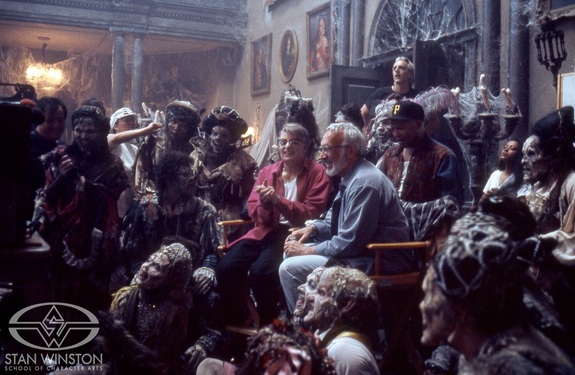
‘Ghosts’ was Stan Winston’s last project as a director. He went on to take a more active role in film production as a producer. As he put it, “Producing allows me to develop projects, to be part of the creative process of making movies, but in a way that isn’t all-consuming. I call producing, ‘directing – without the responsibility.’ And I like it that way.”
SOURCE: Stan Winston Studio


